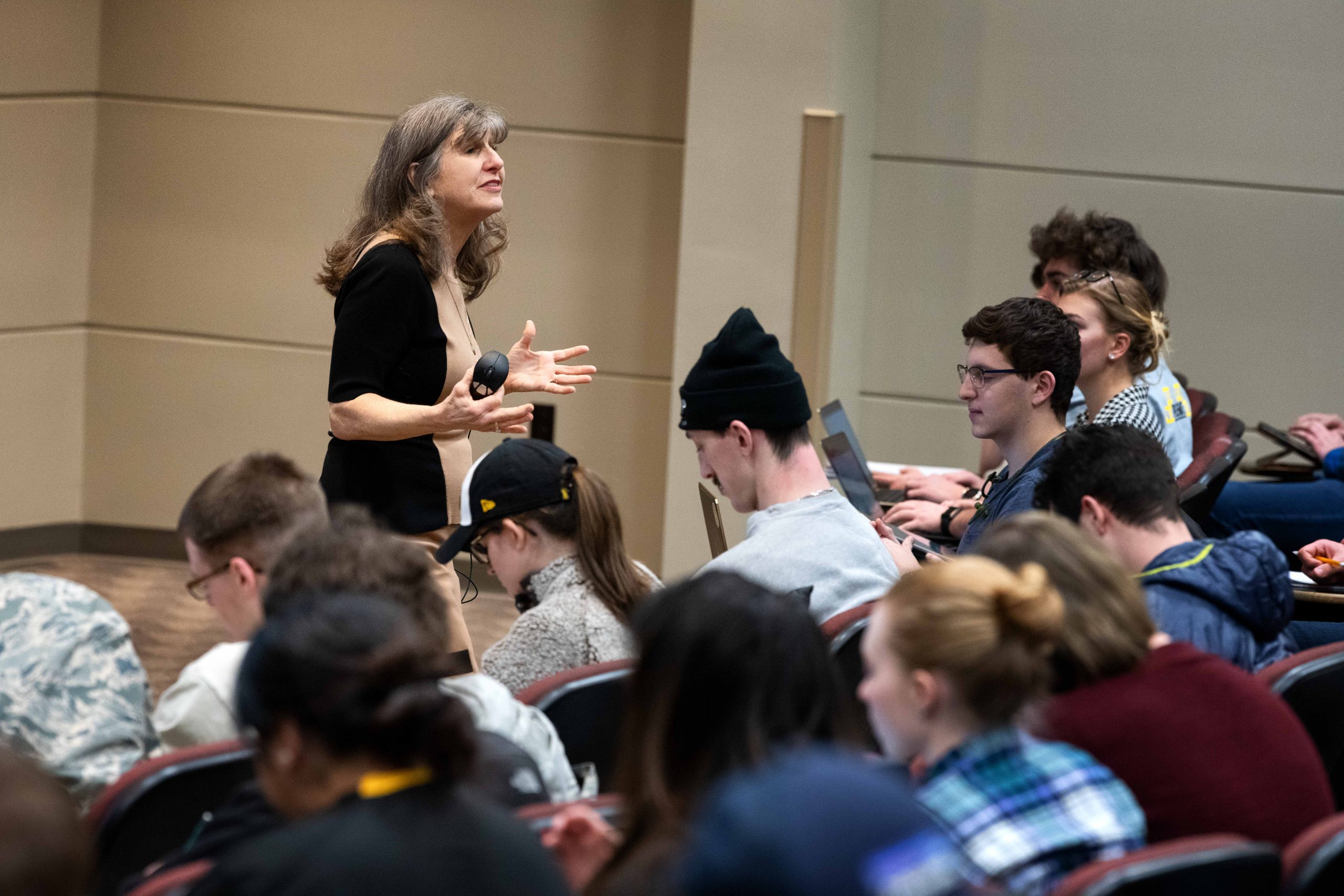41 Final words

Many depictions of teaching in popular culture suggest that some people are simply innately gifted teachers with an instinctive ability to inspire greatness in their students. Yet a robust literature suggests that good teaching comes from intentional and evidence-informed practice. Effective teaching is not a product of happenstance, but a skill that can be developed and honed. This is good news for anyone who has ever thought back on a day of teaching and wished it had gone a bit differently.
Whether you are an experienced instructor or preparing to teach your first-ever course, we encourage you to think of your experience as a teacher as a journey in which you are also a learner. One of the most powerful habits you can cultivate is simply taking a few moments after every teaching experience to reflect on what happened, to briefly analyze whatever artifacts are available to you (students’ work or the marked-up whiteboard, for example), and to make a few notes for next time and to generate a few questions for future reflection.
This handbook is one of many resources that you can use to enhance your teaching, and we encourage you to connect with us as you continue in your journey as a reflective teacher.

Feedback/Errata